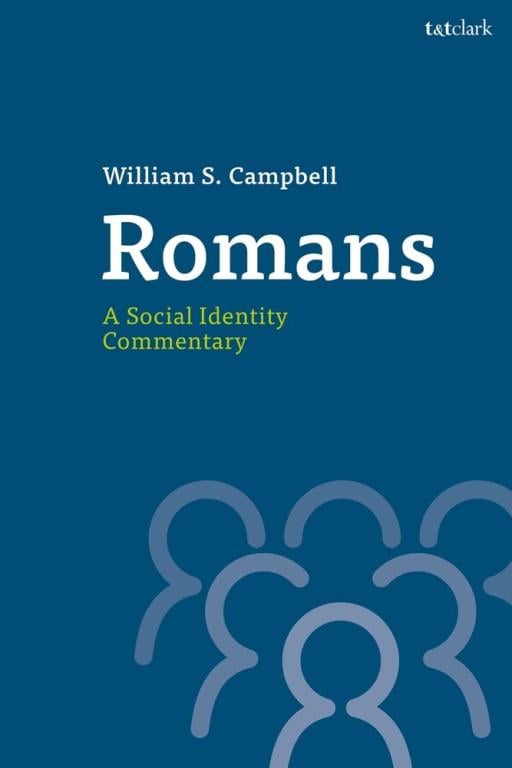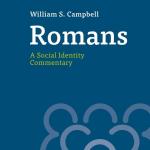In the first place, one of the major agreements I have will Bill’s approach to Romans is that Romans is not a general treatise or handbook to Pauline theology and ethics. To the contrary, it is a word on target for a specific audience in a specific place at a specific time. And what makes this letter almost entirely unique is Paul by and large is addressing a group of people who he did not convert in the first place. Apart from some of those listed in Rom. 16, these persons are mostly not disciples of Paul, for the Christian message reached Rome more than two decades before Paul wrote this letter and almost three decades before he even visited the city. You can read my commentary on Romans I did with Darlene Hyatt who did the Bridging the Horizons sections.
Secondly, I quite agree that one of the problems Paul is addressing, which he reserves until having done his positive exposition of the Gospel in Rom. 1-8, is that there appear to be a good number of Gentile Christians in Rome who think that Israel has been replaced as the people of God by either Romans or at least Christ following Gentiles who live in Rome. Paul wants to squash that whole form of supersessionism, and does so by his masterful discussion in Rom. 9-11. God has not reneged on his promises to Israel. They still have a future in God’s eschatological plans. But is Paul an advocate of two related groups within the family of God, but nonetheless two separate ways of the fulfillment of those promises, one for Israel and one for Gentile Christians? More on this in subsequent posts. What is clear is that by ‘Israel’ in Rom. 9-11 (and elsewhere) Paul means non-Christian Jews, and he does not see the Gentile churches as Israel, or as simply replacing Israel as God’s chosen.
Thirdly, Bill and I agree that Paul is largely addressing Gentiles in Romans, especially as indicated in Romans 9-11. But here there is a significant difference between us— I think Paul is also addressing Jewish Christians in Rome, not solely the Gentile Christian majority. I think various parts of Romans, for instance, Rom.1-2, 9-11, 14-15 make it very unlikely that Paul is not including some Jewish Christians within his audience. More on this in subsequent posts.
Fourthly, Bill and I agree that the right way to get at the meaning of these Pauline texts is to pay close attention to the grammar, syntax and vocabulary of the Greek text as well as the historical and rhetorical contexts of these texts.
Lastly, Bill and I agree that Paul is adamant that Gentiles do not need to, and should not try to get circumcised and become part of Israel in order to be saved or be part of God’s people.













